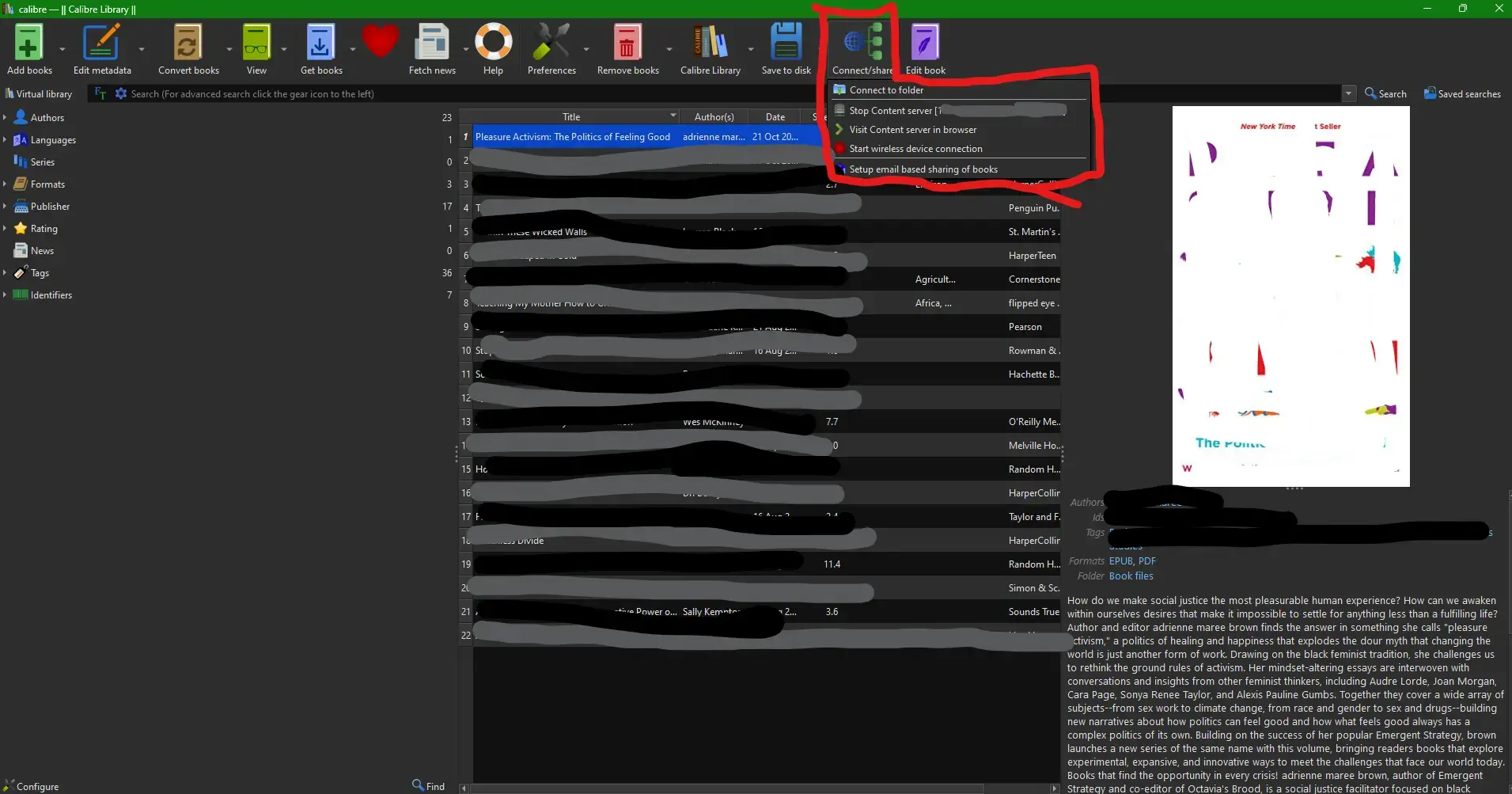this post was submitted on 21 Oct 2024
37 points (100.0% liked)
Piracy: ꜱᴀɪʟ ᴛʜᴇ ʜɪɢʜ ꜱᴇᴀꜱ
54476 readers
386 users here now
⚓ Dedicated to the discussion of digital piracy, including ethical problems and legal advancements.
Rules • Full Version
1. Posts must be related to the discussion of digital piracy
2. Don't request invites, trade, sell, or self-promote
3. Don't request or link to specific pirated titles, including DMs
4. Don't submit low-quality posts, be entitled, or harass others
Loot, Pillage, & Plunder
📜 c/Piracy Wiki (Community Edition):
💰 Please help cover server costs.
 |
 |
|---|---|
| Ko-fi | Liberapay |
founded 1 year ago
MODERATORS
you are viewing a single comment's thread
view the rest of the comments
view the rest of the comments


Realistically, ISPs don't typically monitor small personal servers. Copyright concerns are primarily the domain of rights holders, who would need to file a formal complaint. However, for long-term use, it's better to implement a more secure setup. Use reverse proxy + calibre docker image to make it use HTTPS.
Btw, given the circumstances, it's likely you're only using an internal IP (e.g., 192.168.xxx.xxx), which is inaccessible to your ISP. If that's the case, there's no need for concern. You don't even have to censor it actually, since that doesn't really mean anything outside your network.
Exposing your public IP to the internet is a giant pain in the b, especially given that you don't seem to understand all this very much. Unless you specifically need external access, just use internal network. Even then, find other ways to accomplish the same result(Tailscale/Wireguard...etc).